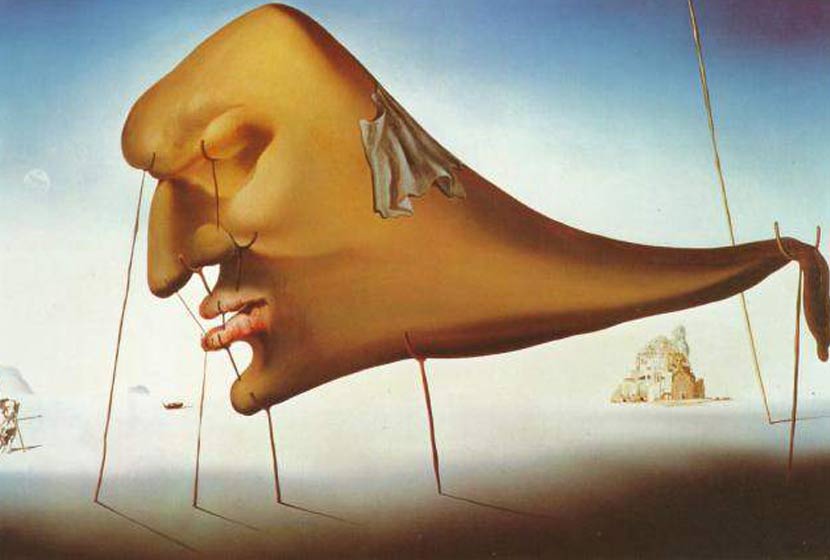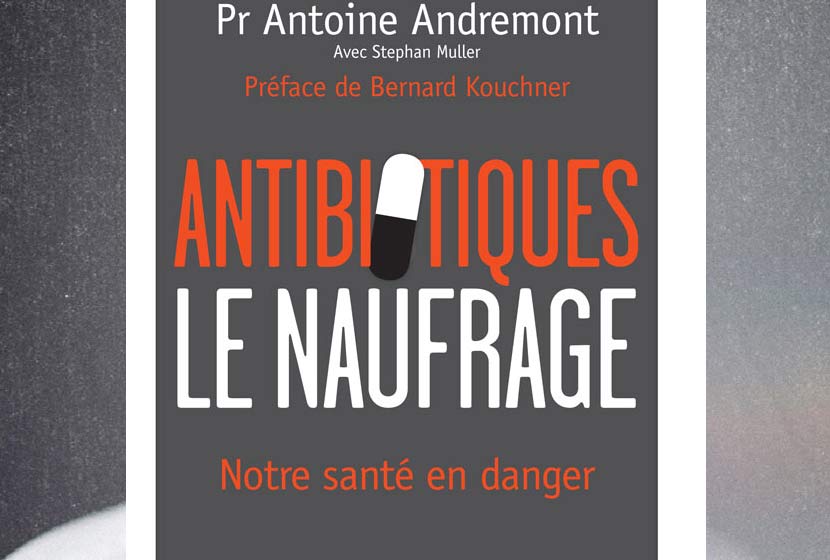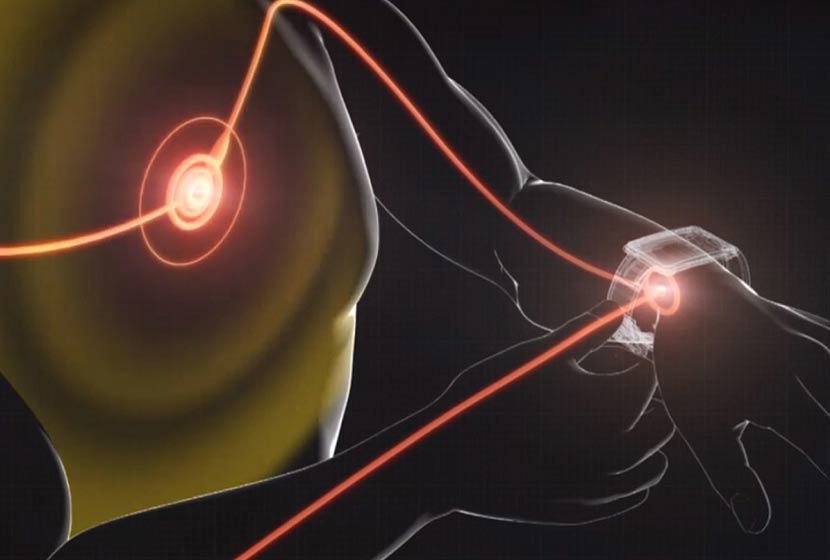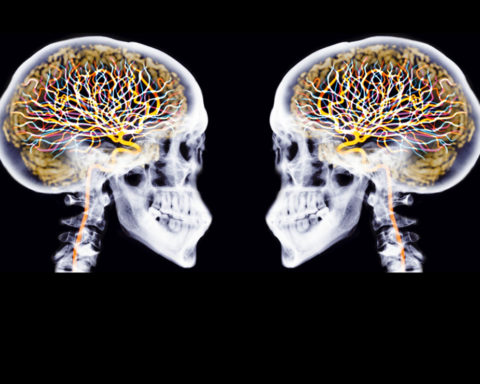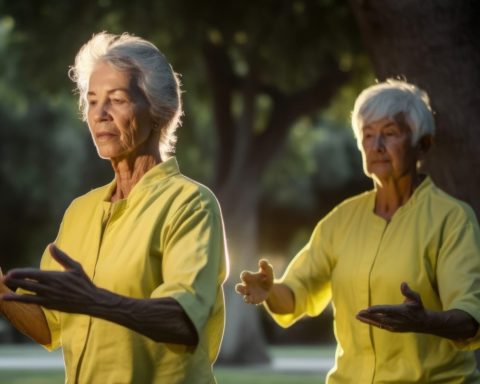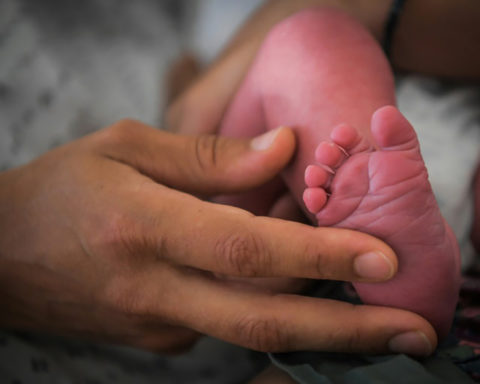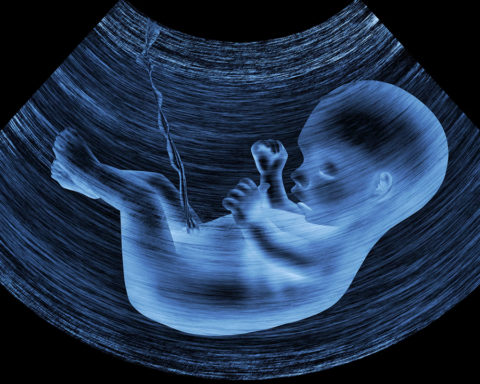Desire for a child, a different body or a better quality of life? Thanks to its knowledge of body mechanics and today's biotechnologies, medicine is more than ever able to treat much more than suffering. Technically, it is capable of doing so, but is this doctor who arrogates to himself unprecedented rights over existence acceptable?
The story of Ashley X was circulated around the world in 2007. Seven years later, she is still disturbing. The girl is now 16 years old and lives with her parents in the United States. She loves music, especially Andrea Bocceli, and singing. Nothing very surprising so far. Except that Ashley spends her life on cushions and pillows, carried by her entourage from one to the other. Because of an encephalopathy that has prevented the development of her motor and mental abilities, she is not a teenager. She has the brain of a three-month-old baby. She does not walk, play or talk and is totally dependent on others for food, bathing and movement.
His parents are holding a blog on which they talk about their beloved daughter and the choice they made for her when the first signs of puberty appeared. "Faced with the reality of Ashley's medical situation, they write, As loving parents, we worked with her doctors to do everything we could to provide her with the best possible quality of life. The result is Ashley's treatment. »
A novel treatment at the time, which consisted of prematurely and irreversibly interrupting the growth of the little girl by administering high doses of oestrogen, so that she would not grow taller than 1m33 and never weigh more than 30 kg. Ashley will therefore live her entire life in a body of childlike dimensions. Her parents will be able to continue to care for her at home.
Together with the doctors, they also saw fit to remove her uterus to avoid the inconvenience of menstruation, the appendix so that she would never suffer from appendicitis, and the glandular tissues of the chest so that her breasts would not develop. "What's the point of having breasts when you have the brain of an infant?"reports the newspaper correspondent The World in an article dated January 2007. Ashley's parents pleaded that she would be overwhelmed by it. If her chest does not develop, they said, she will not be bothered by the straps in the wheelchair. And if she doesn't have breasts, she won't get breast cancer. In the family, there's a history. "Child, young girl, young woman, teenager..." How do you describe Ashley today? It must be said that between her temporal age (16 years old), her physiological age (6 years old or so) and her motor and mental age (3 months old), we get a bit lost.
 Came to participate in the Jules Verne Dating at the end of November in Nantes, devoted this year to the limits of scientific exploration, Guillaume Durand (1)a philosopher and member of the clinical ethics committee of the Nantes University Hospital, takes a few minutes to tell Ashley's story.
Came to participate in the Jules Verne Dating at the end of November in Nantes, devoted this year to the limits of scientific exploration, Guillaume Durand (1)a philosopher and member of the clinical ethics committee of the Nantes University Hospital, takes a few minutes to tell Ashley's story.
Even in the broad outlines, even without going into the details of the illness and its all-encompassing effects, even by sticking to the facts and refraining from making judgements, he knows that he will cause a shockwave in the audience. It's a Friday afternoon and the room is mainly made up of high school students in the midst of digestion. There is nothing like an extreme situation that provokes indignation, disgust, even incomprehension, to get to the heart of the matter. And to launch the debate on the medicine of desires, also known as the medicine of convenience or comfort, because a term had to be found to distinguish it from so-called classical medicine. »
"The medicine of desires has two essential characteristicsthe philosopher asks. It is a response to desires unrelated to pathologies. Desire for youth, sexual performance, beauty, comfort, quality of life, etc... The relationship between doctor and patient is upset because it is no longer a question of making a diagnosis but of consenting or not at the request of the patient who comes knowing exactly what he or she wants. »
Illness, a suffering like any other
At first glance, we might think we are far from the medicine that cures to keep disease at bay and its darkest prognosis, death. After all, taking Viagra, a hormone replacement therapy or having a facelift, does offer the possibility of improving performance in bed, countering the discomforts caused by menopause or looking less marked by time. But on closer inspection, the desire may also be to escape a hypothetical illness. This is the case, for example, with pre-implantation diagnosis, which, in the context of medically assisted procreation, makes it possible to select embryos free of a genetic anomaly known to be involved in a hereditary pathology. Suddenly, there is a clear boundary between desire, which would be a whim, and disease, a serious and grave subject, which is fading away.
 Never mind, let's look elsewhere. Why not condemn the medicine of desires and exclude it from the outset from the medical field on the grounds that it does not fall within the framework of practices that heal? Moreover, this is one of the arguments most often put forward by its detractors. However, it is still necessary to take care (care is not the prerogative of health professionals) to ask oneself what it is appropriate to treat. Diseases and their symptoms? The suffering? Because behind certain desires lies genuine suffering. Wanting a child and not being able to conceive it because of biological or social infertility (when you are a same-sex couple for example) is suffering. Some suffer from being shy, others too big or not muscular enough. In the last moments of life, the pain can be immense and devouring.
Never mind, let's look elsewhere. Why not condemn the medicine of desires and exclude it from the outset from the medical field on the grounds that it does not fall within the framework of practices that heal? Moreover, this is one of the arguments most often put forward by its detractors. However, it is still necessary to take care (care is not the prerogative of health professionals) to ask oneself what it is appropriate to treat. Diseases and their symptoms? The suffering? Because behind certain desires lies genuine suffering. Wanting a child and not being able to conceive it because of biological or social infertility (when you are a same-sex couple for example) is suffering. Some suffer from being shy, others too big or not muscular enough. In the last moments of life, the pain can be immense and devouring.
If the purpose of medicine is to relieve suffering, then it seems legitimate to rely on assisted reproduction, anxiolytics, cosmetic surgery or palliative care when these techniques are available and effective. And Guillaume Durand to recall in good time the four essential goals of medicine listed in the Hastings reportThe Declaration of the World Health Organization (WHO), which is the reference in this area: preventing disease and promoting health, relieving pain and suffering, providing care and treatment for the sick, avoiding premature death and seeking a peaceful death. Desire-based medicine seems to contribute to the promotion of health in the broadest sense, that is to say, overall good health, which is closely linked to well-being and quality of life. "Health is a state of complete physical, mental and social well-being and not merely the absence of disease or infirmity."The World Health Organization (WHO) estimates. From this point of view, it is therefore legitimate.
Two other arguments are often raised against these practices, which are decidedly very disturbing. They are in no way considered unnatural, in the sense that it is a question of touching on the natural order of things, which places them on the side of the undesirable from the outset. But what can be said about birth handicaps, all that is most natural too, but which it is well accepted that they are intended to relieve? Would a visually impaired person be denied corrective glasses or treatment for a child born with a heart defect? Certainly not.
The medicine of desires is also easily criticized for being accessible only to some of the wealthiest and best informed. Either all medicines are expensive and our health systems are such that they give the priority of national solidarity to the care and treatment of illnesses according to their gravity, and still not all of them. Desires generally take second place, with the notable exception of certain acts relating to medically assisted procreation (in France, Social Security reimburses four attempts at in vitro fertilisation) or reconstructive surgery (after serious burns or breast cancer in particular). However, would it be wise to throw the baby out with the bath water? In other words, to close the door to this medicine for all or to allow the most modest to have easier access to it? Ashley's medical treatment, heavy but not out of the ordinary, cost nearly $40,000. More than the merits of the medicine of desires, it is a societal choice that needs to be discussed.
Photo: Sculpture Musée Bourdelle, Paris [Photo YF].
The pitfall of the standards factory
 Legitimate or not, the medicine of desires is today a reality. In France, where, according to Inserm, about 10% couples are infertile, more than 22,000 children were born thanks to assisted reproduction in 2010, i.e. one birth in 40 requiring artificial insemination, in vitro fertilization or, in some rarer cases, embryo donation.
Legitimate or not, the medicine of desires is today a reality. In France, where, according to Inserm, about 10% couples are infertile, more than 22,000 children were born thanks to assisted reproduction in 2010, i.e. one birth in 40 requiring artificial insemination, in vitro fertilization or, in some rarer cases, embryo donation.
Ashley's case, exceptional though not unique (other children around the world have received equivalent treatment), is the tree that hides the forest.
He brought to the forefront the series of ethical questions related to the multiple situations in which medicine can modify bodies. For better when the quality of life is likely to be improved or for worse when the use of medicine is aimed at normalization or social control of individuals.
There is no shortage of examples of such abuses, more or less obvious or insidious: sterilisation of people with mental disorders, pre-implantation diagnosis to decide on the physical characteristics of the unborn baby, medicines administered to children who are too restless. There is also the risk of giving medicine and doctors a full role, that of enabling individuals to achieve their desires and/or a better quality of life, which is at least as much a matter for the community, politics and societal choices. The Professor Arthur Caplan, from the Center for Bioethics at the University of Pennsylvania, interviewed in The World in 2007, says nothing more than that Ashley's treatment is "a pharmacological solution to social failure.
(1) G. Durand, "De la médecine des désirs",in Care-proof autonomyG. Durand and M. Jean (eds.), Editions Nouvelles Cécile Defaut, to be published in 2015.
Anne Le Pennec, Science journalist
Main illustration: Salvador Dali painting

